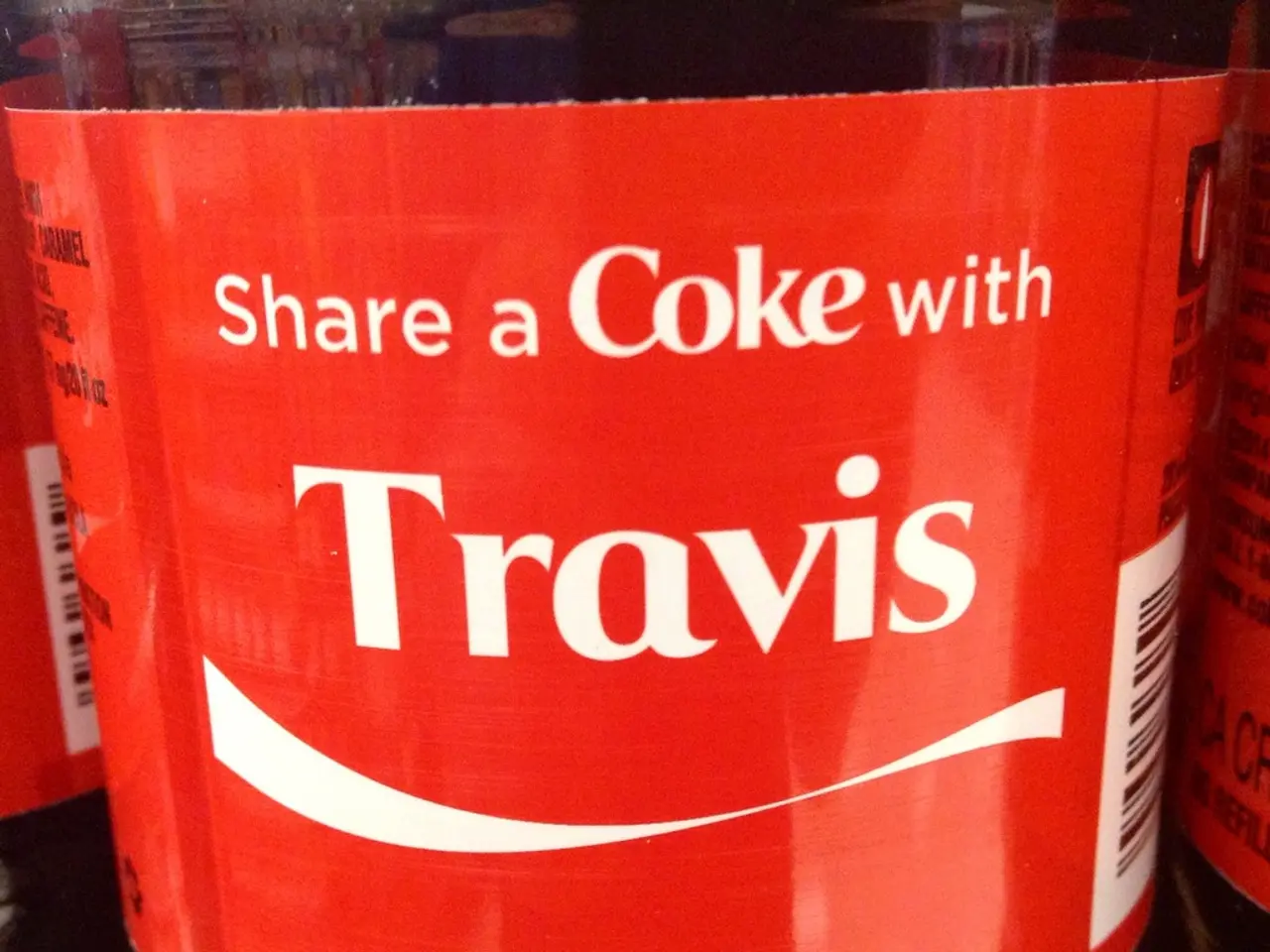Guiding an Alcohol Dependent Individual: Is It Encouragement or Assistance?
In families where a member struggles with alcoholism, a dangerous cycle of co-dependence and enabling can take hold, leading to a web of dysfunctional family dynamics. This pattern often sees family members prioritising the alcoholic's needs over their own, at great emotional and psychological cost.
Co-dependent family members may find their mood and self-worth dependent on the alcoholic's behaviour and mood, leading to emotional instability and distress. They may engage in compulsive, unhealthy behaviours to cope, such as lying, obsessive worrying, or neglecting their own needs. In some cases, they may act out irrationally or with violence in response to the alcoholic's substance use.
To hide or deny the addiction problem, these families may avoid outside social connections, worsening isolation. They may also lose their autonomy and self-identity by constantly managing the alcoholic's needs or covering up their behaviour. This can lead to the creation of dysfunctional family roles that normalise the addiction and perpetuate the problem, thus inhibiting recovery for all involved.
The consequences of this cycle are far-reaching. Families experience ongoing dysfunction, emotional suffering for non-addicted members, and frequently relapse or continuation of addiction for the alcoholic. Shame, fear, anger, self-blame, and fractured relationships are common.
Breaking this cycle is crucial, but it is often difficult due to emotional entanglement. Detachment and establishing healthy boundaries are essential steps, but they can be challenging to implement.
Education, therapy, and boundary-setting are key to addressing these dynamics and fostering healing for both the alcoholic and their family. It is important to look for alternative ways of dealing with the negative results of the alcoholic's actions rather than rescuing and 'fixing' the trouble.
Professional help is often necessary for both the alcoholic and the family dealing with the alcoholic's addiction. Recovery from substance abuse is necessary to prevent drug addiction and its potential horrific consequences. Alcoholics have a diminished awareness of how bad their drinking has become and need professional rehab counselling to face the truth.
In summary, co-dependence and enabling sustain addiction by creating a dysfunctional, interdependent family system where all members suffer psychologically, and the alcoholic’s recovery is impeded. Addressing these dynamics is essential to fostering healing for both the alcoholic and their family.
- Co-dependent family members might find their mood and self-worth heavily influenced by the alcoholic's behavior and mood, resulting in emotional instability and distress.
- To cope with the addiction problem, some families may engage in compulsive, unhealthy behaviors, such as lying, obsessive worrying, or neglecting their own needs.
- In some cases, co-dependent family members may act irrationally or with violence in response to the alcoholic's substance use.
- Families may avoid outside social connections to hide or deny the addiction problem, worsening isolation.
- The creation of dysfunctional family roles that normalize the addiction and perpetuate the problem can lead to ongoing dysfunction, emotional suffering for non-addicted members, and frequent relapse or continuation of addiction for the alcoholic.
- Breaking this cycle requires detachment, establishing healthy boundaries, education, therapy, and seeking professional help for both the alcoholic and the family dealing with the addiction.
- Recovery from substance abuse is crucial to prevent drug addiction and its potential tragic consequences, as alcoholics have a diminished awareness of how bad their drinking has become.
- Addressing co-dependence and enabling dynamics is essential to fostering healing for both the alcoholic and their family members, supporting mental health, health-and-wellness, and scientific approaches to treatment.




